HomeNet International / Network / HNEECA
In the early 2000’s organisations focusing on the informal economy and home-based workers began to emerge in the Balkan region. To increase visibility and the legal status of home-based workers, representatives from organisations got together and drafted a declaration on building a HomeNet regional network. This declaration was adopted in March 2012 during the international conference “Building HomeNet Eastern Europe.”
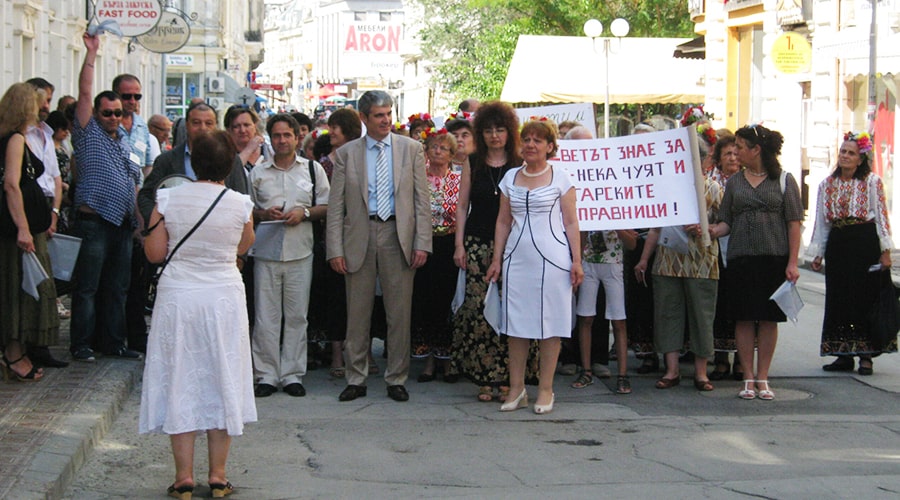
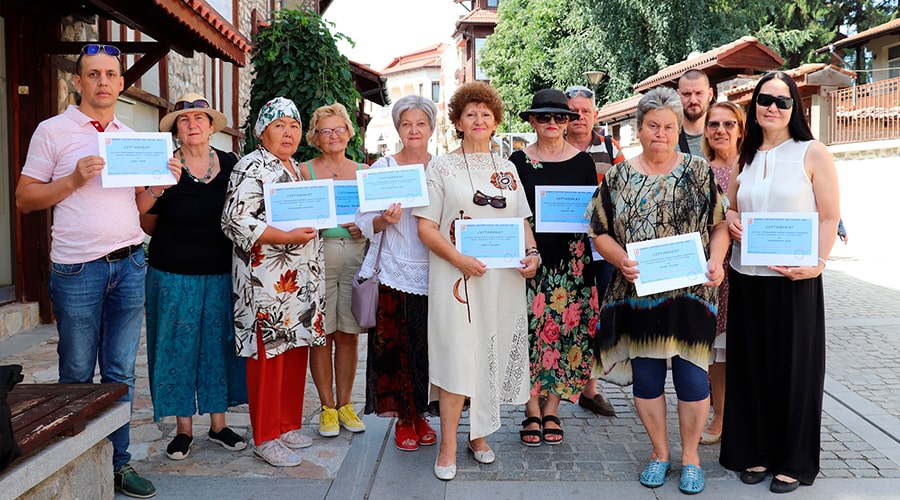
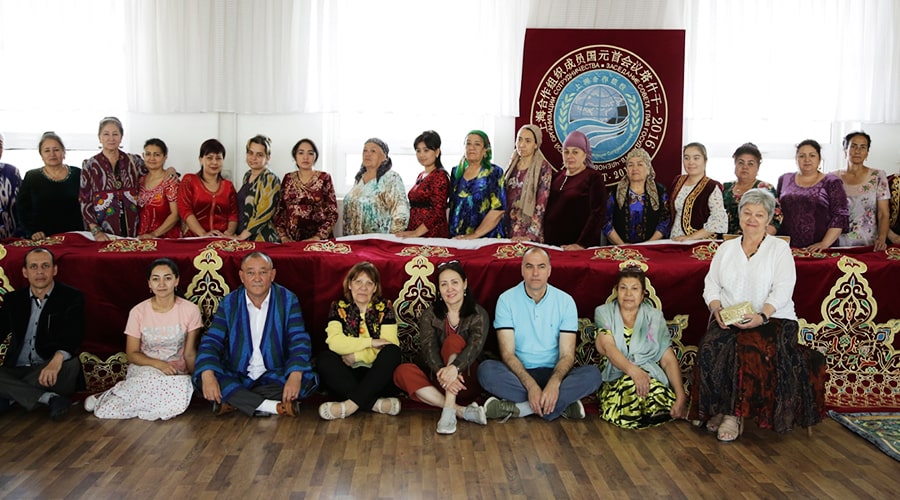
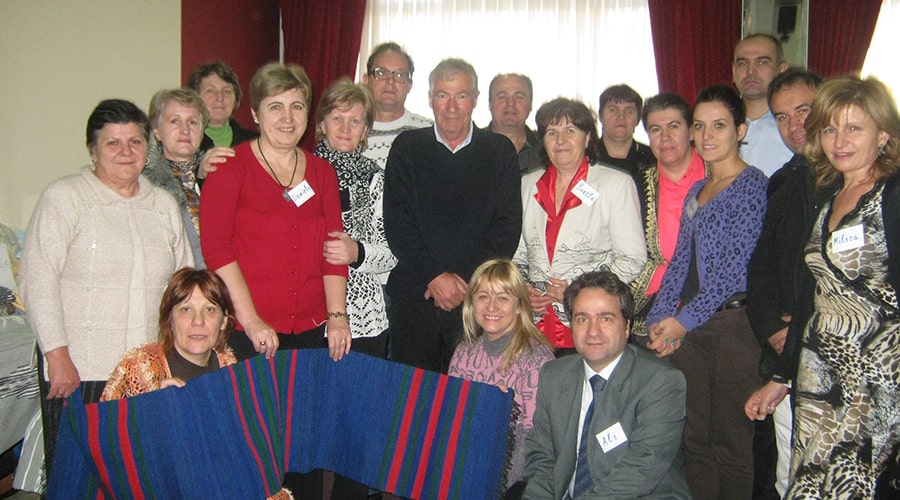
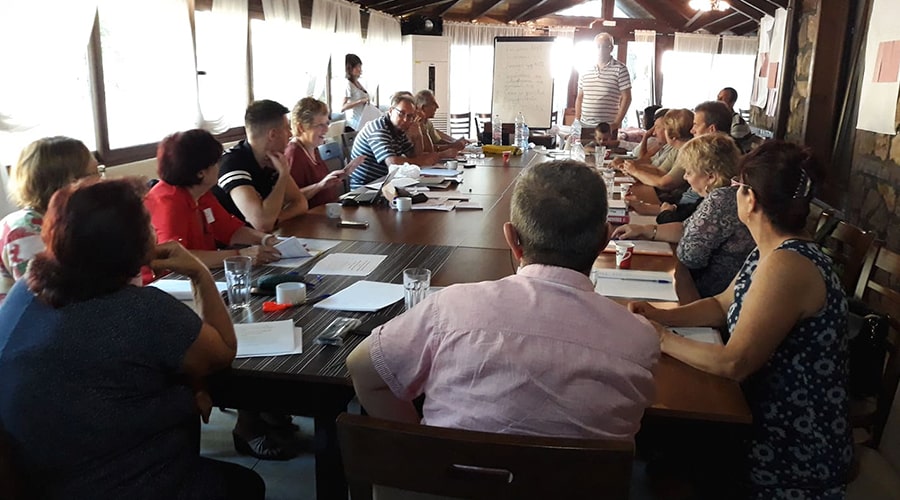
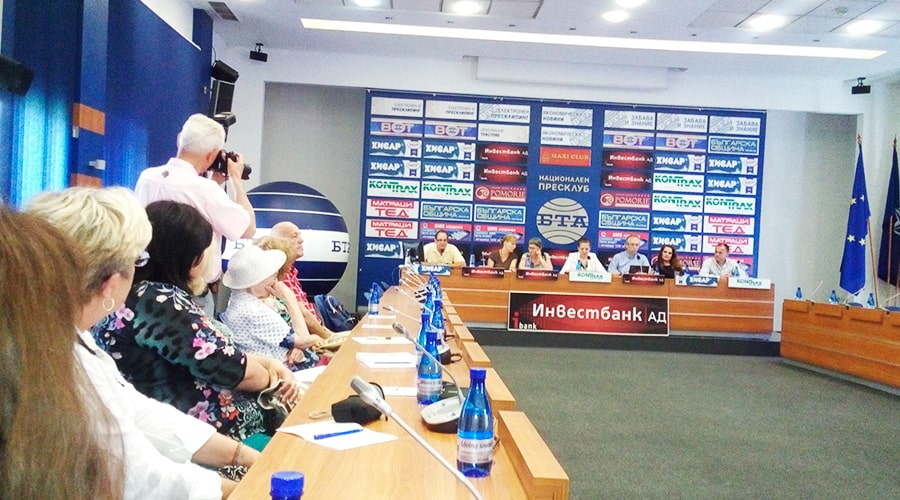
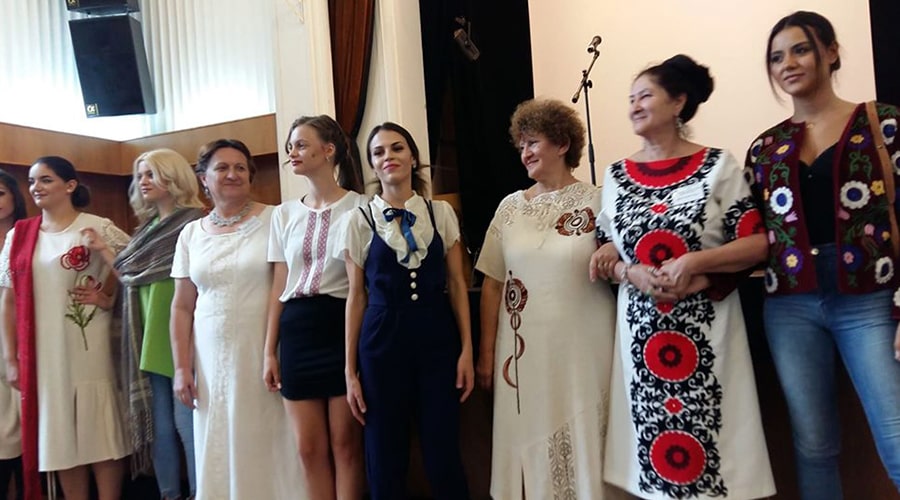
The organisations declared their support to create a centre for informal economy workers, in particular for home-based workers, as part of the HomeNet Southeast Europe Network. The main objective was to achieve legal regulation of labour and social rights of home-based workers and all workers in the informal economy. To reach this objective, the organisations would fight for:
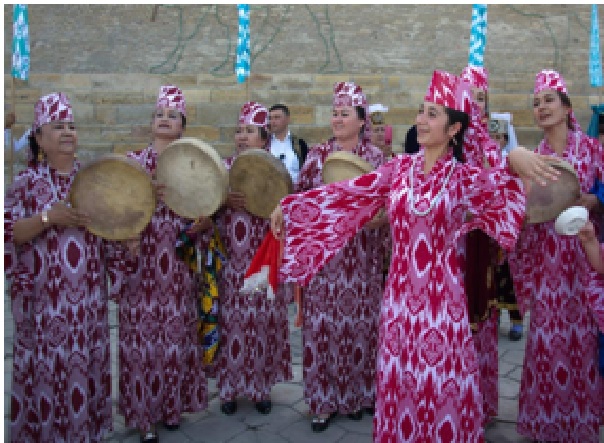
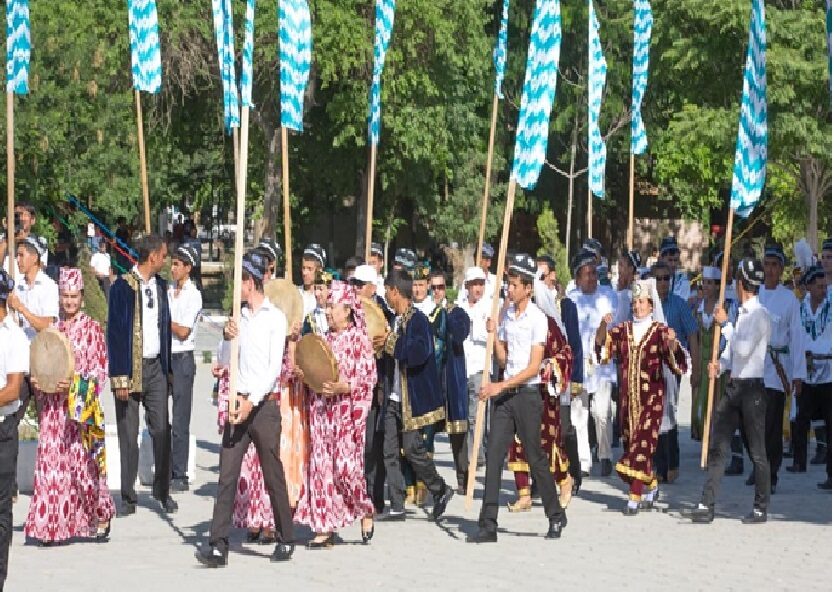
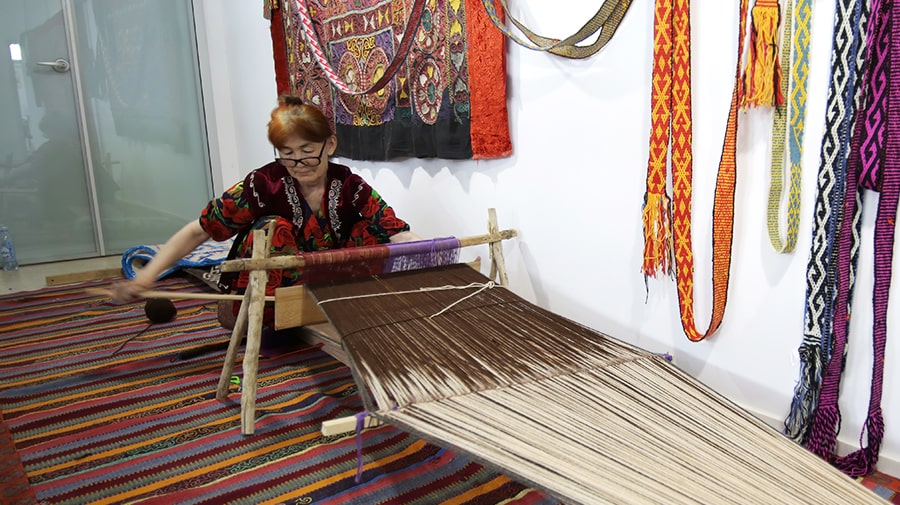
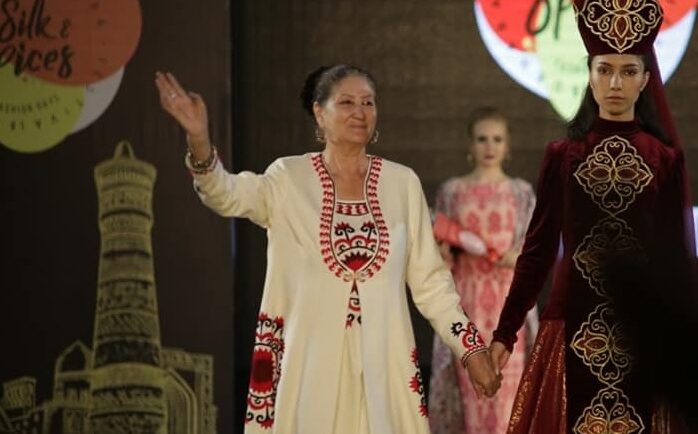
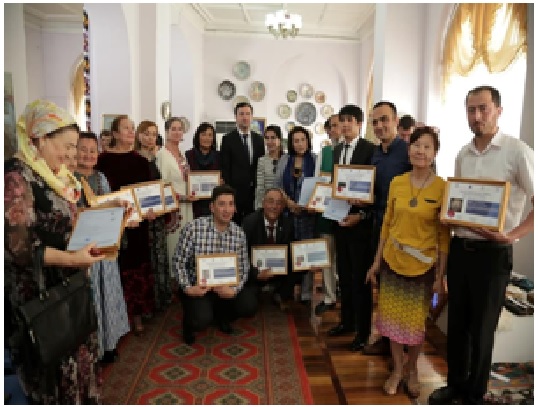
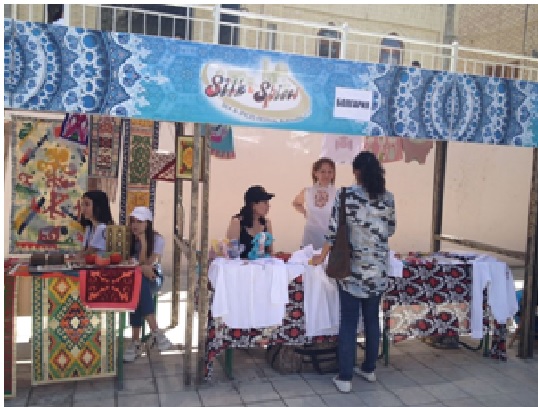
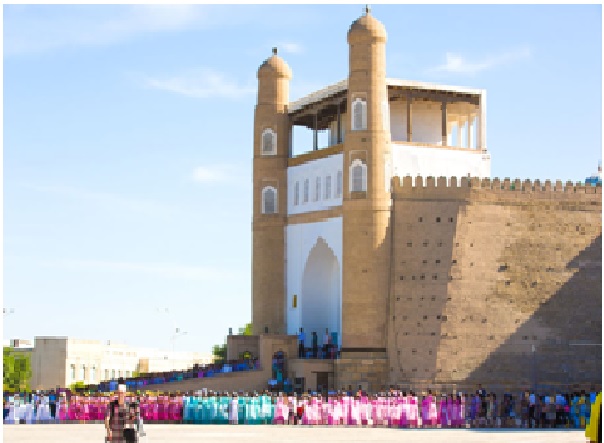
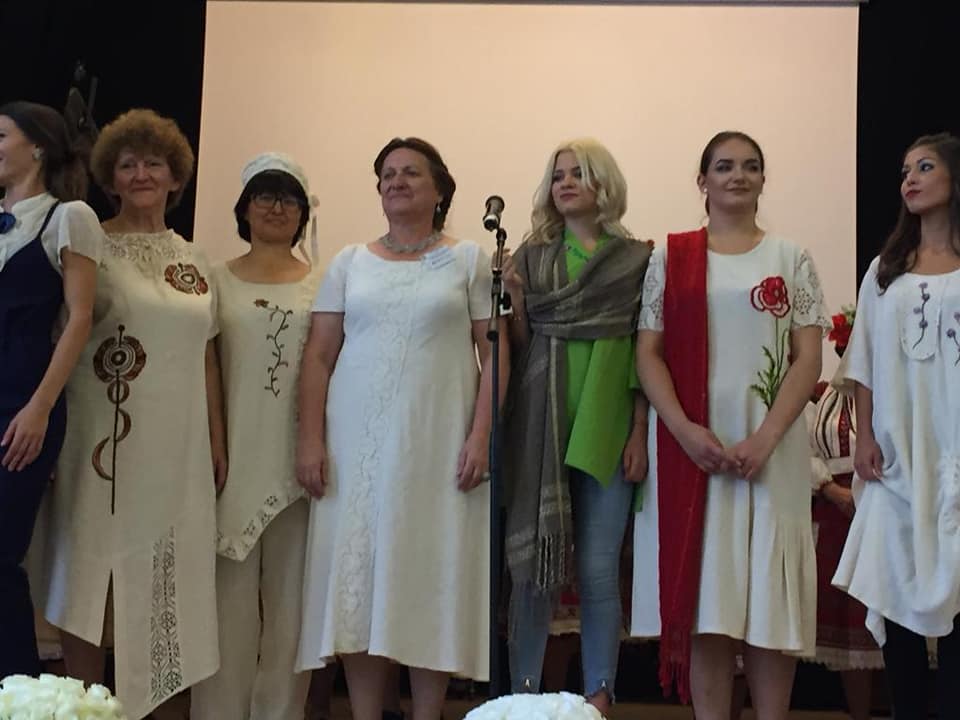
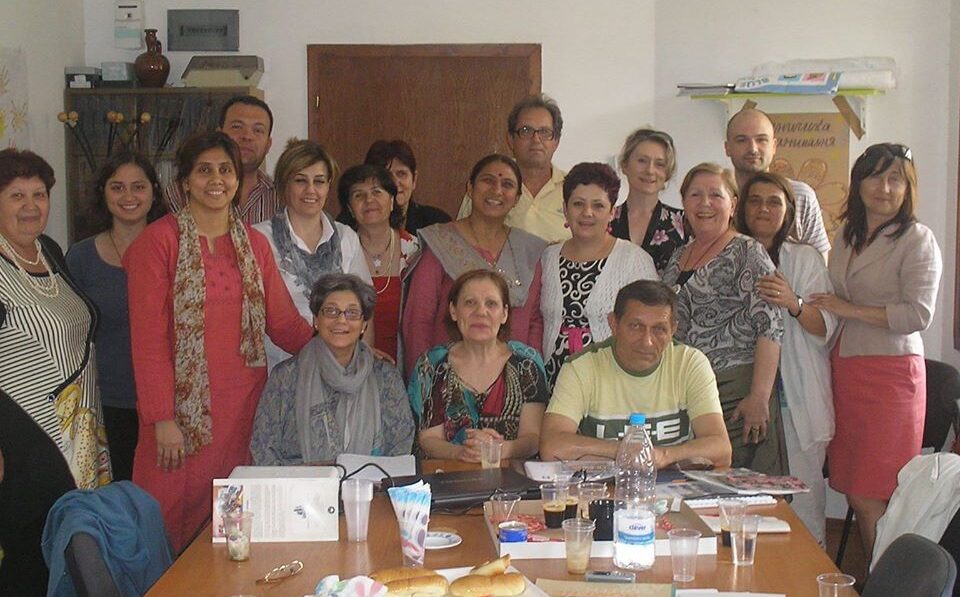
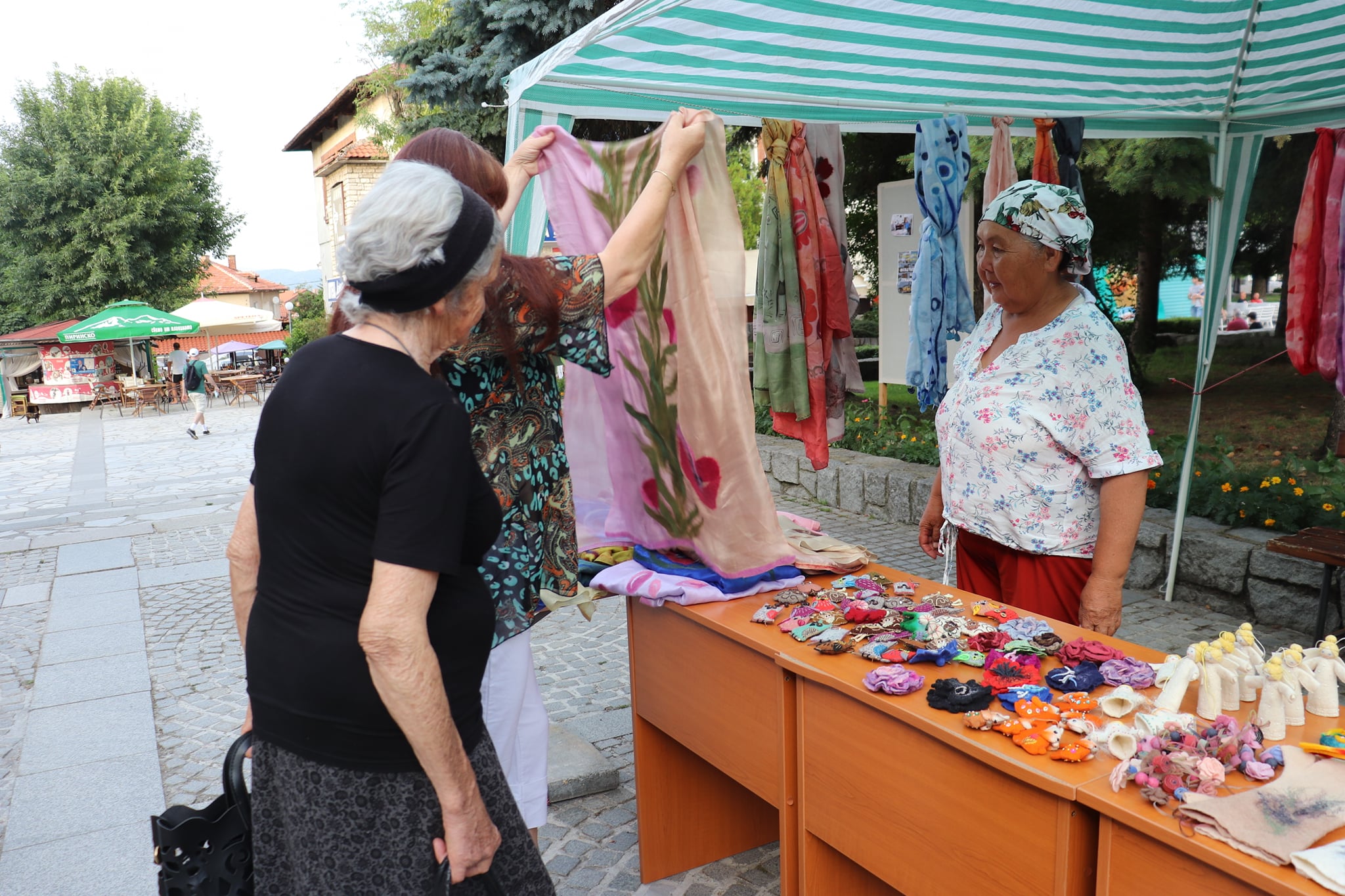
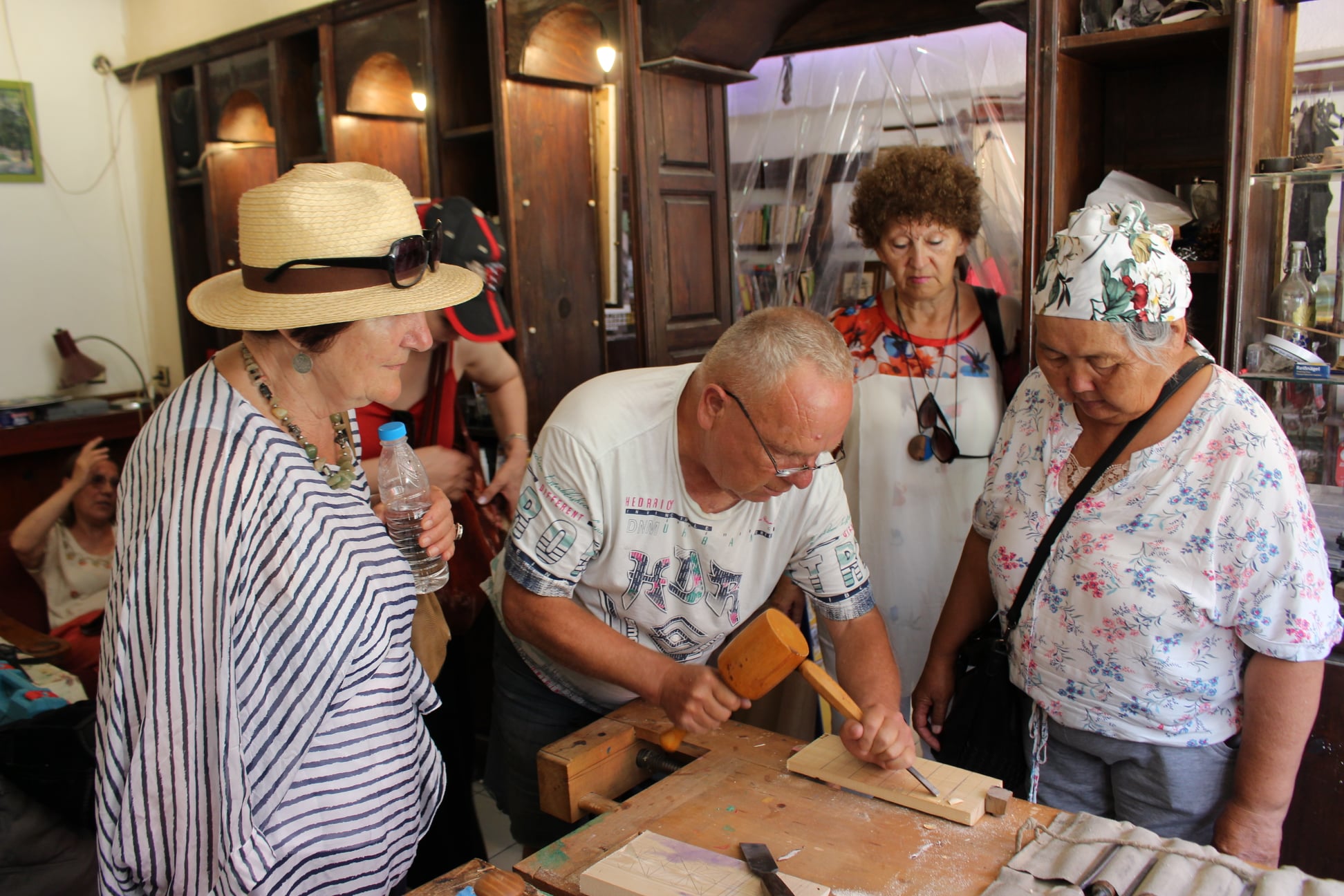
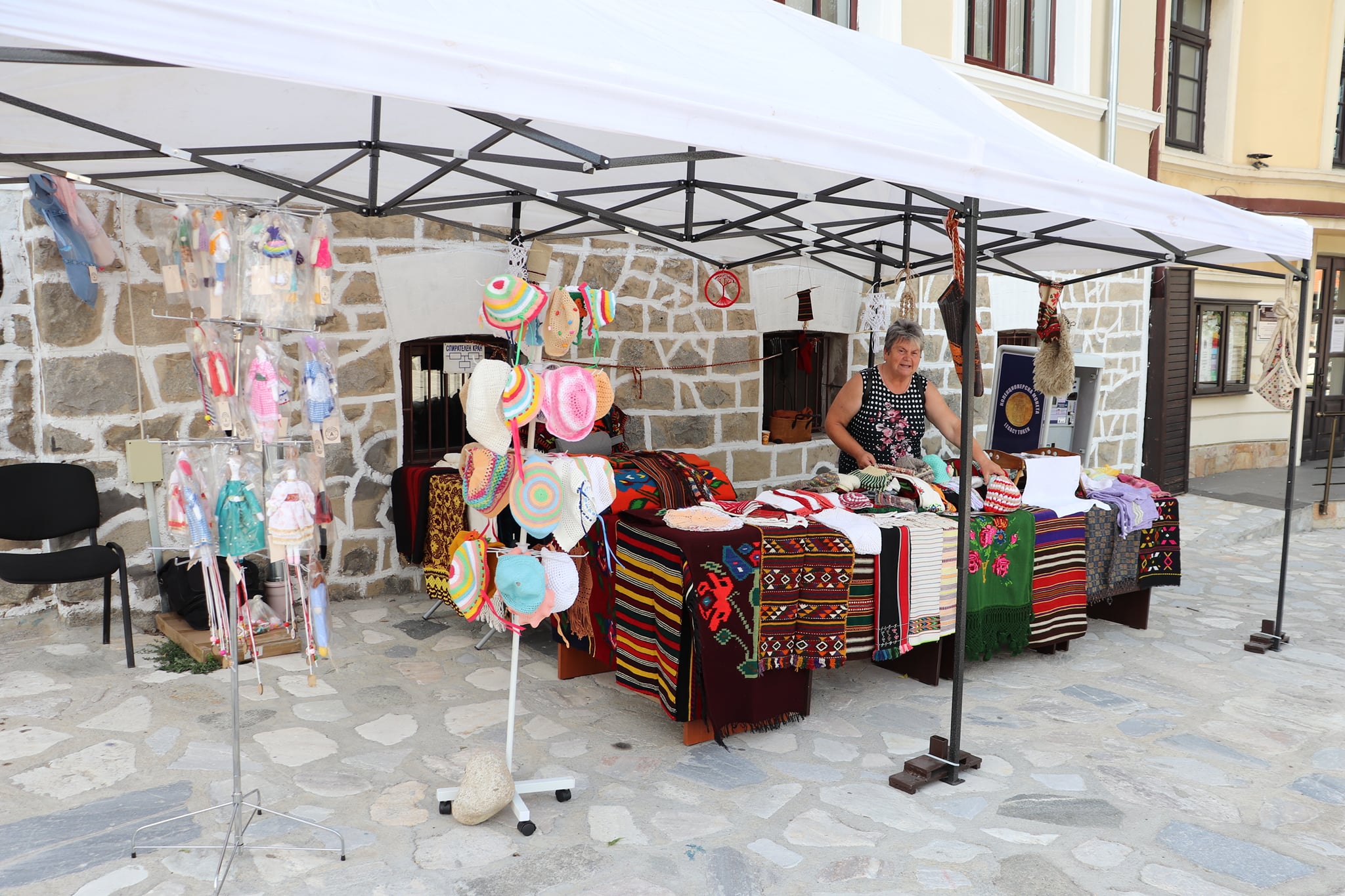
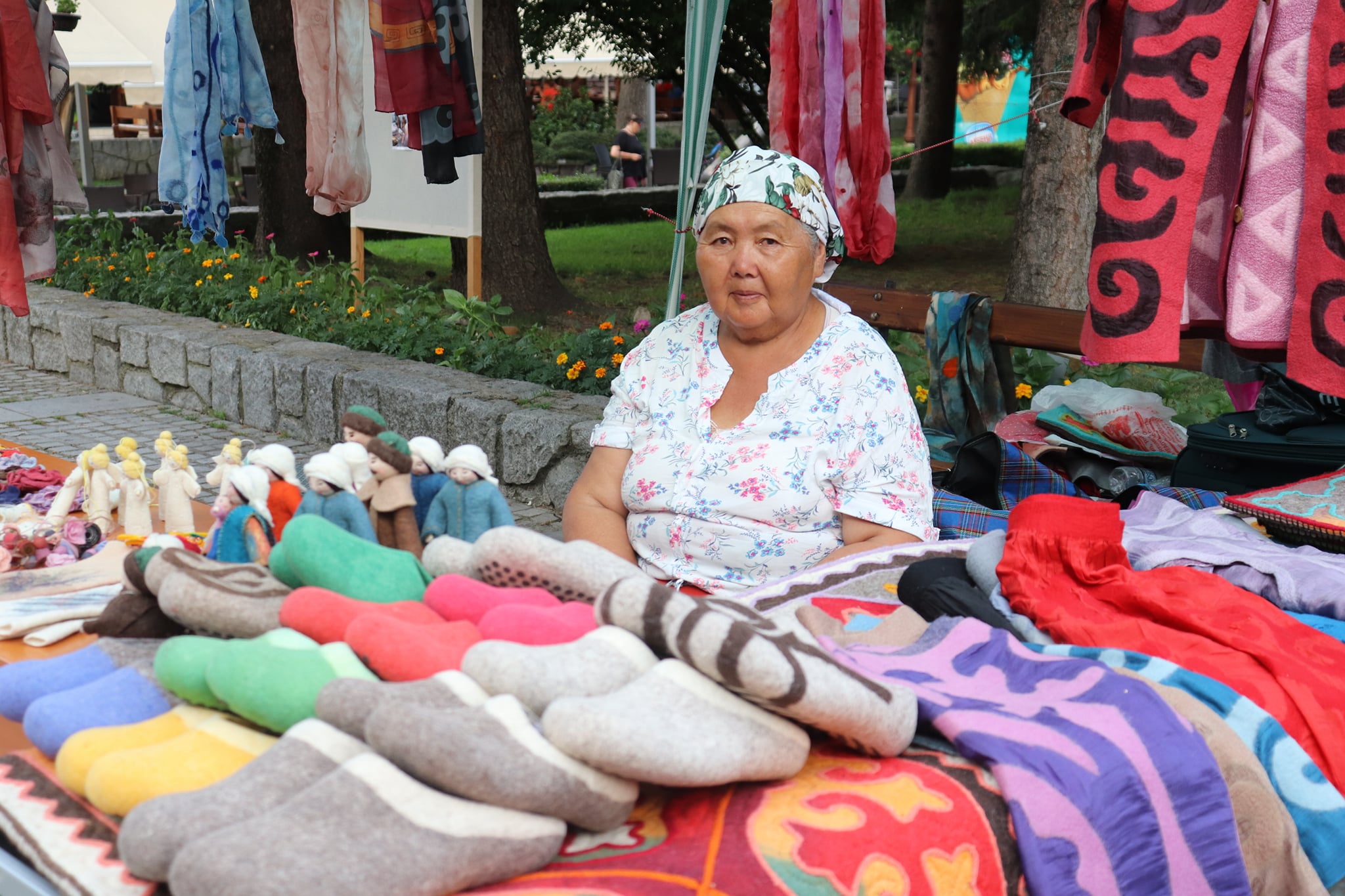
According to the Statute of HNEECA:
Goals and means to achieve them (Article 7):
To achieve its goals, the Association performs the following activities (Article 8):
Declaration of Home-Based Workers, Sofia, Bulgaria; 20 June 2016 – HomeNet Eastern Europe Globa Conference 2015.pdf
Challenges and Experiences in organizing Home-Based Workers in Bulgaria – Spooner Organizing Home Based Workers Bulgaria WIEGO OB7.pdf
RESOLUTION №2 – Need for a comprehensive and common approach to the single marketCovid-19 and Violence Against Women

HomeNet Eastern Europe and Central Asia, Regional Coordinator|
Email: [email protected]
Regional Coordinator
Armenia, Bulgaria, Georgia, Kyrgyzstan, Macedonia, Serbia, Tadjikstan and Uzbekistan
Copyright © HomeNet International